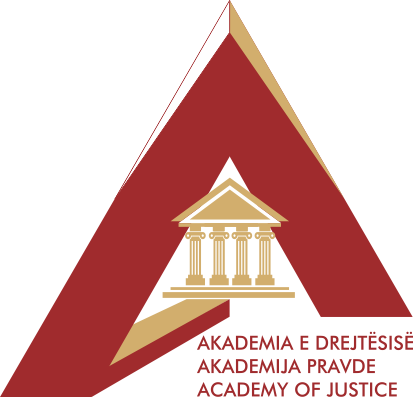
 ACADEMYOF JUSTICE
ACADEMYOF JUSTICE
October 15-16 2019, Academy of Justice with the support of USAID organized training on Court Management that was delivered by an USAID expert, Mr. Ingo Keilitz.
Purpose of this training was to extend knowledge of court leaders on the management area.
First day of training covered the following: management in general as well as court and prosecution management, features of a good manager, duties and responsibilities of judges, and management features and tendencies to be avoided. Second day of this training covered aspects like: measuring employee’s engagement, data interpretation for court employee’s engagement and pursuing for bright spots.
It was further highlighted that this training aims to increase professional capacities of participants on management, which encompasses organization and harmonization of resources in order to achieve certain goals towards success. Management requires planning, organization, instruction and monitoring.
After a comprehensive review this training provided answers to the following: how to successfully manage a court or prosecution? What are standard principles of good management? And what are challenges and actual deficiencies of court or prosecution management?
At the training it was emphasized that the first step towards correct reformation is analysis. Seal of a high performing justice system is the political will and performance capacities on regular ad continuous basis in order to obtain knowledge and reach new realities, possibilities and needs, and in order to turn the knowledge and this achievement into an effective strategy for improvement.
Furthermore, the following recommendation was distinguished, “to measure the measurable” and “calculating the quantifiable” is the main principle, which in order to be efficient has to align performance measures and indicators with values, fundamental obligations and key factors of a public institution’s success. The latter ones, are typically expressed in the statement of goal, vision and strategic purposes, that in return reflect wide scope of obligations set forth in the law on public policies. The focus shall be on results and accomplishments, not necessarily on forms (sources and structures) or in functions (activities).
This training offered explanations that relate to management of courts and prosecution offices through combination of presentations which elaborated advanced strategies pertaining to successful management of courts and prosecution offices. During the entire process, a pragmatic approach was developed for implementing rules of a successful and effective management.
Beneficiaries of this training were court presidents, supervisory judges of court branches, as well as heads of departments and divisions.
16-10-2019